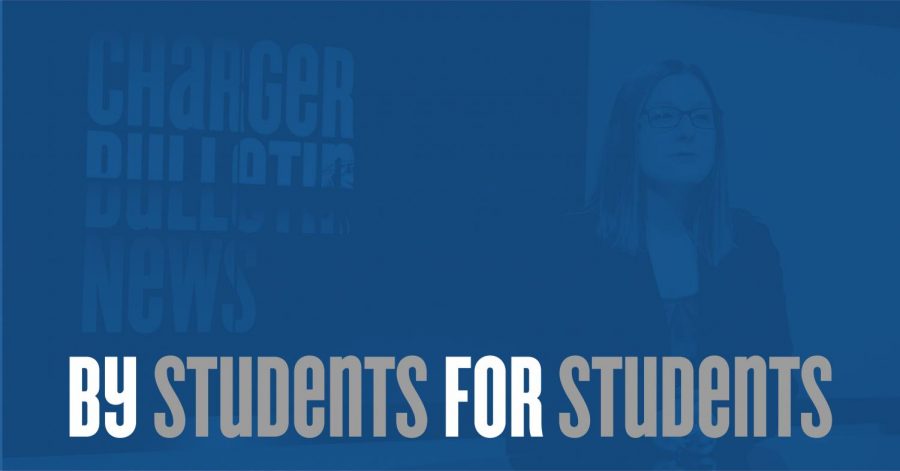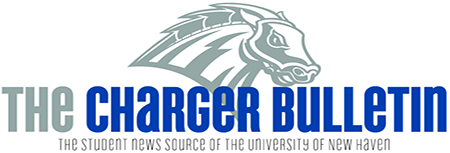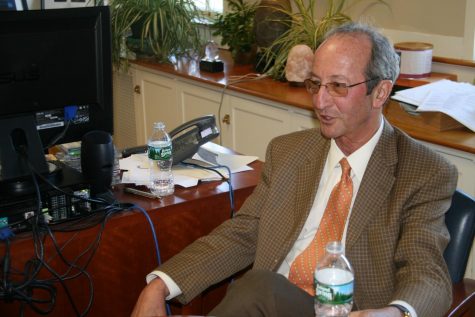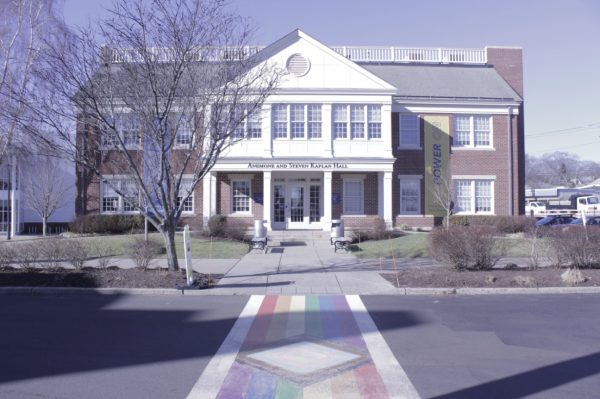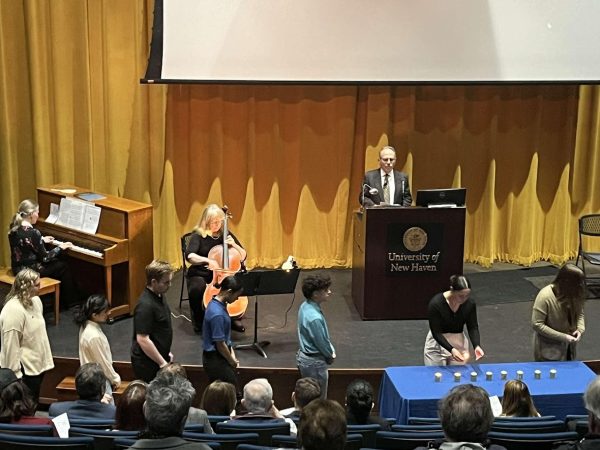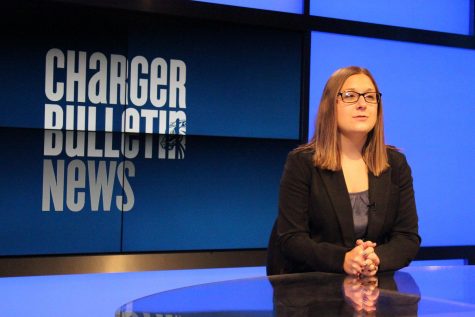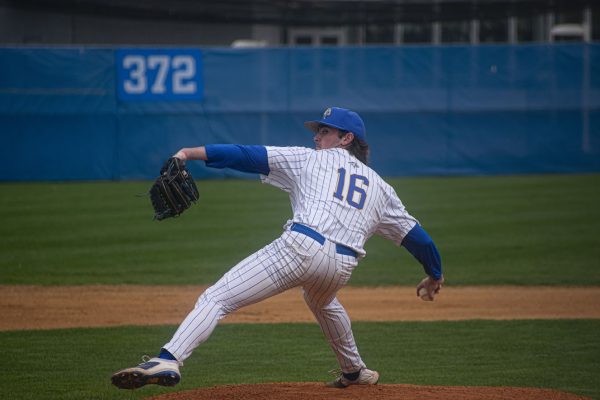Student Journalists Who Aren’t Journalists
Students outside of the typical journalism and communication fields have found value in student journalism. Many are involved for the real-world experience, resume building, and their love or writing and desire for the truth. The staff of the Charger Bulletin shares a common interest in journalism but is a team of academically diverse students.
Chris DiGeronimo, a junior sports management major and sports editor for the Charger Bulletin, began writing because he wanted to separate himself from other sports management majors.
“I realized that there are only 123 General Manager jobs in the 4 major sports but there are thousands of opportunities to write about sports,” said DiGeronimo. “I am now so involved in our athletic program that I feel that I am a part of it without stepping on the field.”
Lauren Cohen, a sophomore music industry major and staff writer for the Charger Bulletin, only began writing because she wanted a pair of the sun glasses at the campus club fair. However, she has been writing ever since she received her first email.
Samantha Higgins, university alumni and previous assistant editor of the Charger Bulletin began writing in elementary school and said she used to want to be an author. She began to write less in high school due to an illness but sought out the newspaper as soon as she got to college as a way to get back her writing skills. Although she eventually held the position of assistant editor, she was pursuing two degrees in criminal justice and psychology.
Despite diverse support for student journalism, there has been an increase in backlash to many student media across the country. According to a 2016 survey from the College Media Association, over 20 media advisors associated with the College Media Association reported administrative pressure to “control, edit, or censor student journalistic contact,” over the course of three years.
“As students, we are the majority, we are entering the workforce at a rapid pace and we need student journalism to get our voices heard, so we could live in a world and a country that we want to be a part of,” said DiGeronimo.
Some students see student journalism as a way to be a larger part of the world around them while others see it as a way to improve upon themselves.
“Journalism has inspired me to pay more attention to the local news and read more about events happening in the world when before they did not intrigue me,” said Sarah Costello, a sophomore dental hygiene major and staff writer for the Charger Bulletin.
Costello said that she “would not be as evolved or determined as I am today without student journalism.” Cohen had similar feelings and said that before journalism she was a “shy little freshman,” but writing helped her to become more involved on campus.
Higgins said her writing experience has helped her with internships because she’ll be better equipped to write case notes, which she said is “often a huge learning curve due to people not having experience writing.” She said that student journalism allows students to build their verbal and written communication skills.
“We hear in the mainstream news that students are not knowledgeable enough to make their own decisions, but if we take away their ability to experience and write on the same events, to learn by experience, to encounter and develop their own opinions, how would a student ever be able to make an educated decision on anything?,” said Higgins. “It’s more important now than ever.”
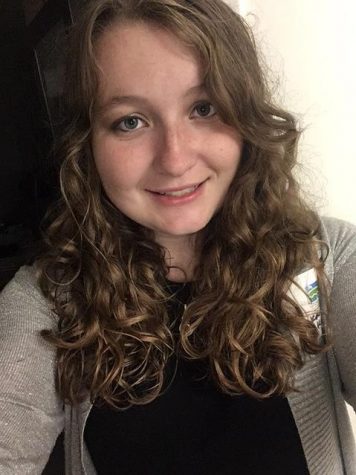
Karina Krul is a senior marine biology major with a triple minor in psychology, political science and marine affairs. This is her fourth year with The...

